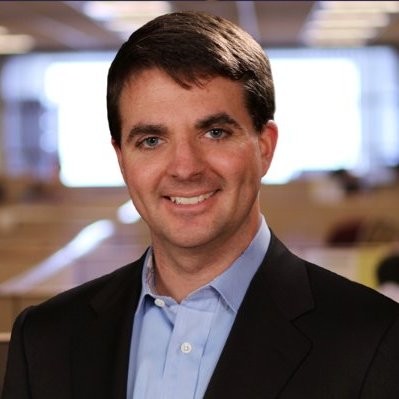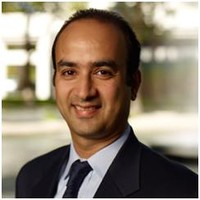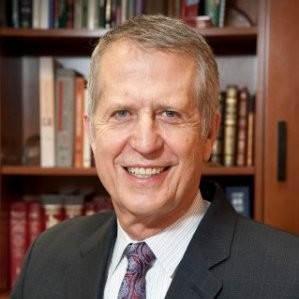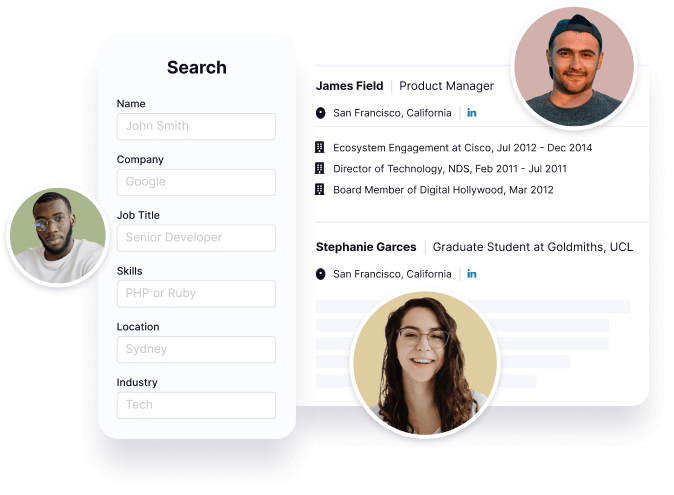Ian Clarke's Email & Phone Number
Software Architect
Ian Clarke Email Addresses
Ian Clarke's Work Experience


The Freenet Project
Founder and Project Coordinator
June 1999 to Present

Uprizer Labs
Chief Executive Officer
January 2008 to Present


ClearMob
Advisor
May 2014 to Present

Bernie A.I.
Advisor
February 2016 to Present



OneSpot
Co-founder and Advisor
July 2015 to January 2018



OneSpot
Co-Founder & Chief Technology Officer
February 2012 to July 2015

Bevvy.com
Advisor
March 2011 to March 2012


Thoof Inc
Founder and CEO
December 2006 to January 2008

Revver, Inc
Co-founder & Chief Scientist
February 2005 to December 2006

Cematics LLC/Ltd
Chief Executive Officer
September 2002 to January 2005

Uprizer Inc
Chief Technology Officer
January 2001 to September 2002

Instil Ltd
Software developer
February 2000 to August 2000



Short Term Rental Systems
Intern
June 1997 to September 1997

Hands On Ltd
Intern
July 1996 to September 1996

Uprizer Labs
Show more
Show less
Ian Clarke's Education
The University of Edinburgh
January 1995 to January 1999
Show more
Show less
Frequently Asked Questions about Ian Clarke
What is Ian Clarke email address?
Email Ian Clarke at [email protected], [email protected], [email protected], [email protected] and [email protected]. This email is the most updated Ian Clarke's email found in 2024.
What is Ian Clarke phone number?
Ian Clarke phone number is +44.203227, +971.43684996, (512) 422-3588, +44.1273455611 and +44.1273794850.
How to contact Ian Clarke?
To contact Ian Clarke send an email to [email protected], [email protected], [email protected], [email protected] or [email protected]. If you want to call Ian Clarke try calling on +44.203227, +971.43684996, (512) 422-3588, +44.1273455611 and +44.1273794850.
What company does Ian Clarke work for?
Ian Clarke works for The Freenet Project
What is Ian Clarke's role at The Freenet Project?
Ian Clarke is Founder and Project Coordinator
What industry does Ian Clarke work in?
Ian Clarke works in the Information Technology & Services industry.
Ian Clarke's Professional Skills Radar Chart
Based on our findings, Ian Clarke is ...
What's on Ian Clarke's mind?
Based on our findings, Ian Clarke is ...
Ian Clarke's Estimated Salary Range
Ian Clarke Email Addresses
Find emails and phone numbers for 300M professionals.
Search by name, job titles, seniority, skills, location, company name, industry, company size, revenue, and other 20+ data points to reach the right people you need. Get triple-verified contact details in one-click.In a nutshell
Ian Clarke's Ranking
Ranked #761 out of 15,228 for Founder and Project Coordinator in Texas
Ian Clarke's Personality Type
Extraversion (E), Sensing (S), Thinking (T), Perceiving (P)
Average Tenure
2 year(s), 0 month(s)
Ian Clarke's Willingness to Change Jobs
Unlikely
Likely
Open to opportunity?
There's 94% chance that Ian Clarke is seeking for new opportunities
Top Searched People
Football running back
American comedian and rapper
Actor
Lawyer ‧ Marissa Mayer's husband
American actress

































Ian Clarke's Social Media Links
/in/iancjclarke